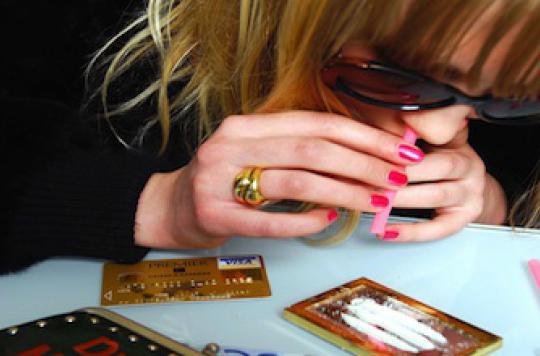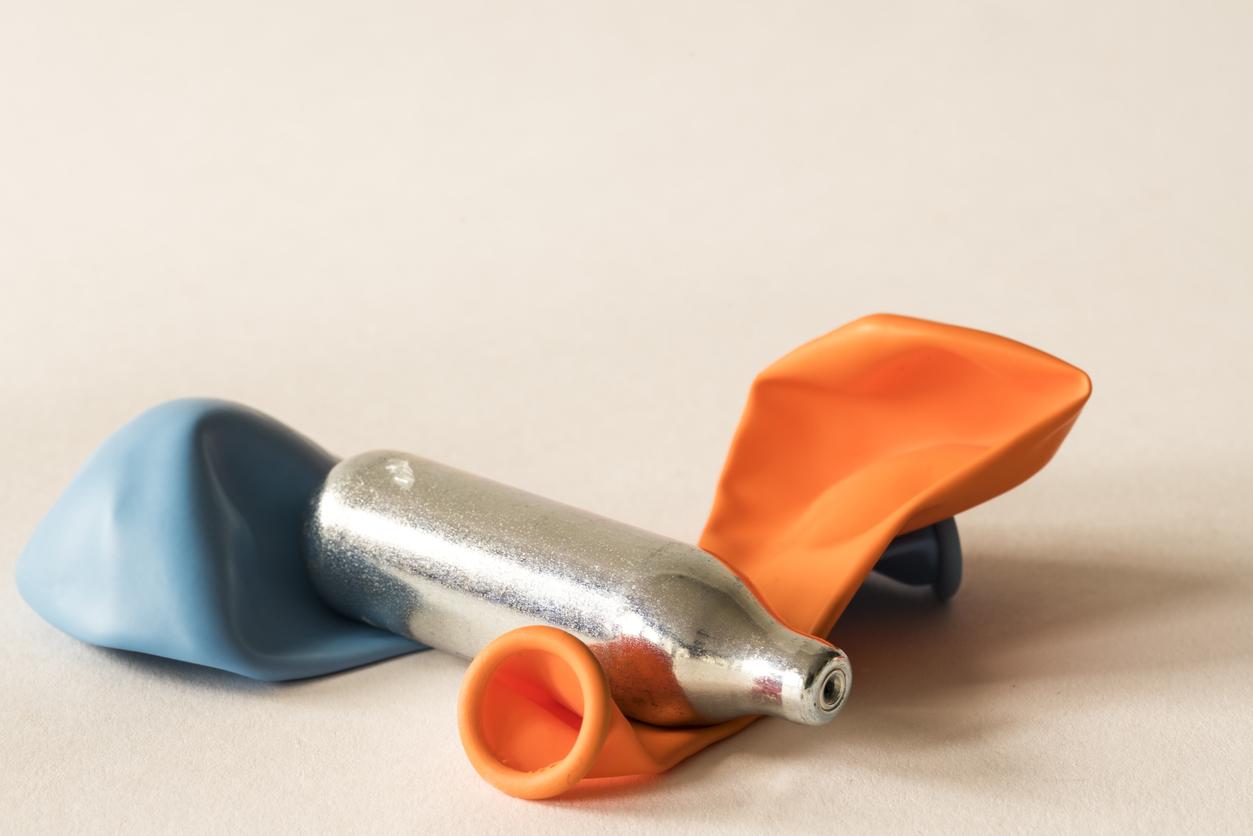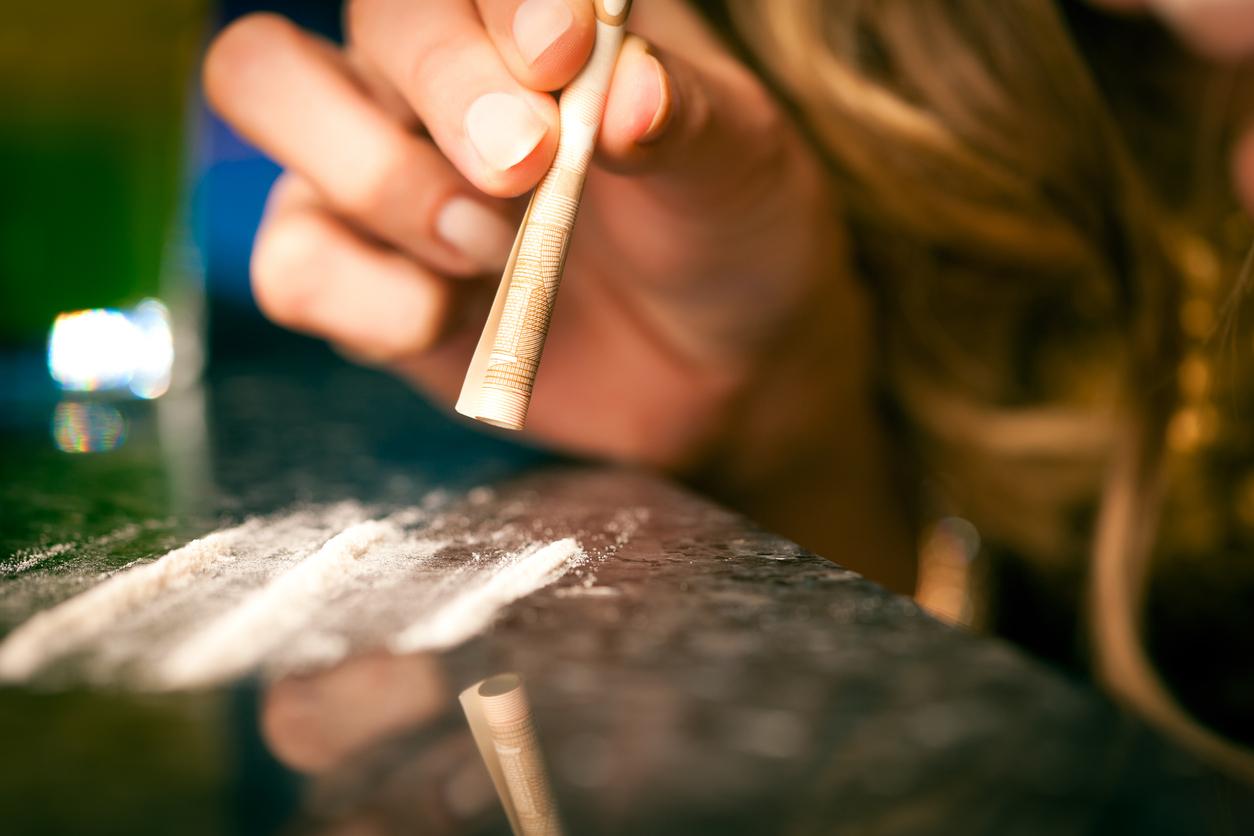An American study shows that cocaine consumption considerably increases the risk of stroke in the following 24 hours. A higher risk than diabetes, hypertension or smoking.

“Cocaine use can cause constriction of blood vessels, increased heart rate, body temperature and blood pressure, as well as decreased oxygen supply to the brain,” says Dr. Yu. Ching Cheng, author of a new study on the increased risk of stroke attributable to cocaine use. This analysis, which was just presented to the American Stroke Association Congress, analyzed and compared the medical data from more than 1000 patients aged 15 to 49 who had a stroke between 1991 and 2008 to 1154 people of the same age group in the general population.
“Based on the data from our study, we estimated that around 300 young cases of stroke per year are associated with cocaine use, however the estimate may vary depending on the prevalence of cocaine use in different subpopulations, Dr Yu-Ching Cheng said.
The authors of this study showed that the mere fact of having a history of cocaine use (this was the case in 1/4 of the study volunteers) was not a risk factor for being a victim of cocaine. ‘a stroke. On the other hand, what worries these researchers is that their results reveal that consumption of this type of drug dramatically increases the same risk within 24 hours of taking this substance. In fact, people who had just used cocaine had a 700% increased risk of having a stroke the next day.
A greater risk of stroke than with diabetes or smoking
“We have found that the risk of stroke associated with acute cocaine use is much higher than with other risk factors for stroke, such as diabetes, high blood pressure and smoking,” concludes Dr Cheng. . Thus, apart from the risk of dependence, these researchers want consumers to also become aware of the risk of stroke and therefore of disability or death.
Another point raised by this study, it seems that the consumption of illicit substances such as cocaine is not sufficiently sought after by doctors in these emergency situations. “Despite the strong risk associated with this acute cocaine consumption, in our study only nearly a third of young stroke patients had toxicological screening carried out during their hospitalization” regret the authors.
.
















